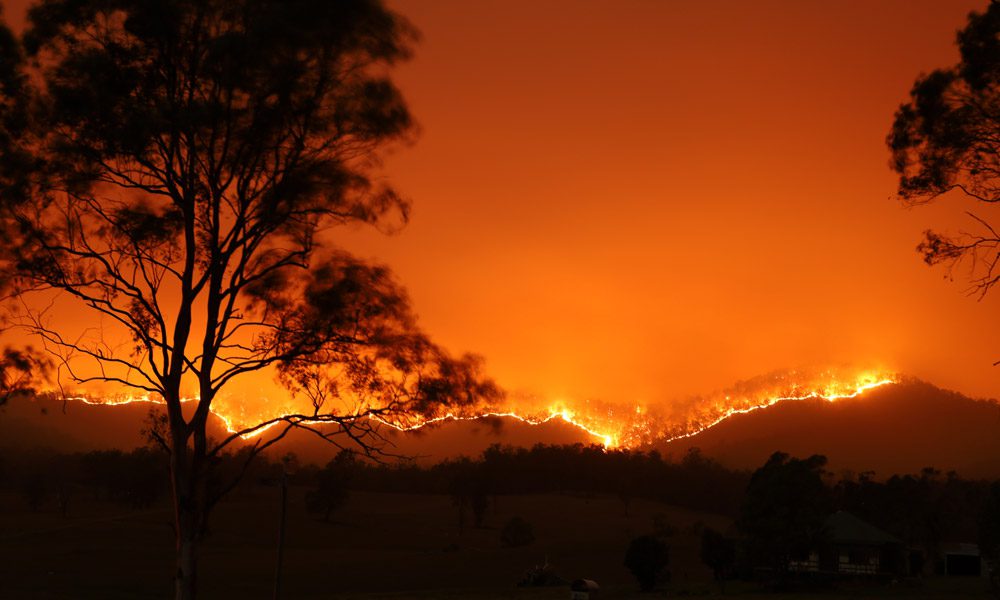Australia is set to face yet another hot summer as The Bureau of Meteorology (BoM) announces a 70% chance of El Nino this year.
Climate Change is an ongoing environmental issue, but as new threats continue to arise, younger generations are feeling the pressure to try and reverse the effects.
University of Wollongong scholar, Clayton McDowell, said that climate disasters are becoming a common experience for Australian youth.
“The youth are becoming ever more mindful of the effects of climate change especially with such life-altering disasters with bushfires, floods, droughts, etc. being felt by so many across the globe on what is becoming a regular occurrence,” he said.
After the devastating losses many faced in La Nina earlier this year, as well as the 2020 summer bushfires, this kind of threat is not unknown territory but is still the cause of much worry.
Mr McDowell said he sees this stress mainly being placed on youth.
“The youth inherit the Earth from the prior generations and in many ways have a responsibility to hold the current decision-makers to account for their actions so that we can ensure future generations have the same opportunities to enjoy what others before them have,” he said.
Environmental science student, Imogen Rayner said she is concerned about the ongoing climate abnormalities.
“I have studied climate science enough to understand the global weather patterns and how they are influenced by climate change,” she said.
“It worries me because I know, at the very least, Australia’s ecosystems and biodiversity have not adapted enough to be able to withstand two major (and intense) bushfire seasons in such close proximity.”
Ms Rayner said her degree has afforded her the ability to understand that these threats are very real and she hopes that her degree will lead her into a career that can one day make a difference.
“I’ve learnt about everything from the science of ecosystems, the weather, and the Earth in general, to policy and governance, to adaptation and mitigation, and all the social aspects,” she said.
“I would consider myself a silent activist, you wouldn’t find me at protests or ranting online (at least not anymore) but I feel as if my actions and study are more important acts of activism”.
Reversing climate change has become a topical issue for younger generations and many feel the pressure to advocate for better resources. Ms Rayner said her way of life has changed dramatically because of the continuous climate threats.
“Unfortunately it’s a situation we’ve been thrusted into because of the recent developments and attention there has been with climate change,” Ms Rayner said.
“Our parents were not burdened with the knowledge and situations we were, sure it was a concept being thrown around but nothing like today.”
There is a concern for how life will look like for those in younger generations. Ms Rayner said she worries if she will be able to raise kids and eat proper foods in the nearing future.
“I don’t want to find myself fleeing from natural disasters or paying excess on my insurance premiums in such events,” she said.
“I don’t want to experience the sadness of seeing my favourite animals disappear or not be able to ski down a mountain full of snow.”
Mr McDowell is a part of the Sustainable Futures Committee (SFC), which hopes to educate youth about how sustainability can be the key to halting climate change.
“Our team is involved in developing and running various education programs about how to be more sustainable on campus,” he said.
“One major initiative from the SFC is that UOW has declared a target of reaching carbon neutral by 2030.
“The SFC will oversee a large part of how we reach this target and it is important that we continue to work on reducing our impact on the planet,” he said.

